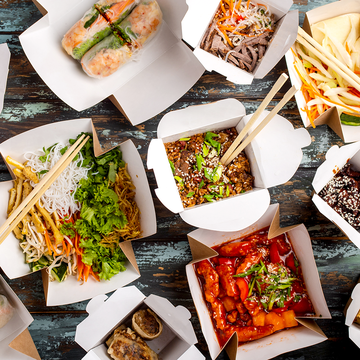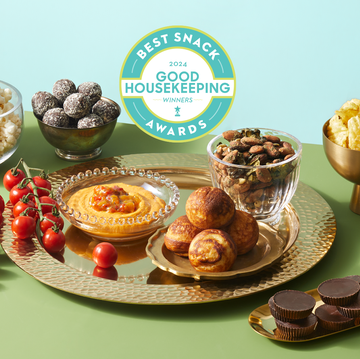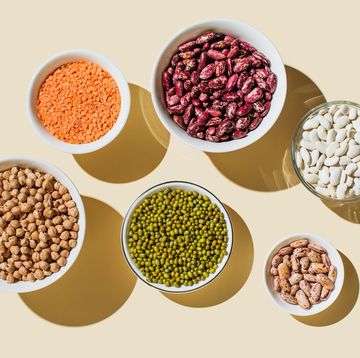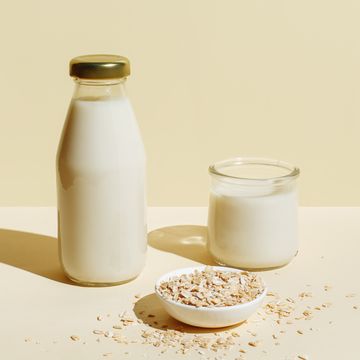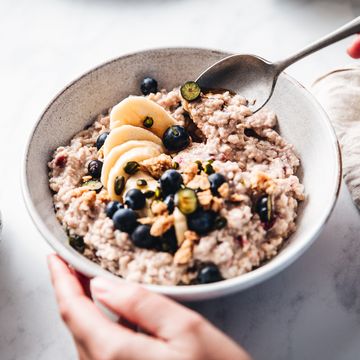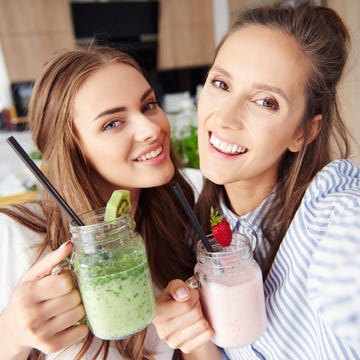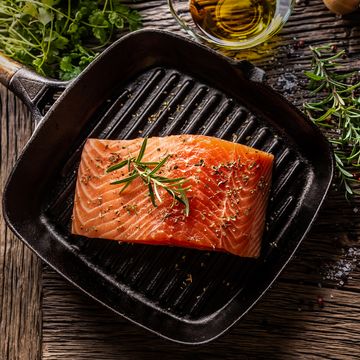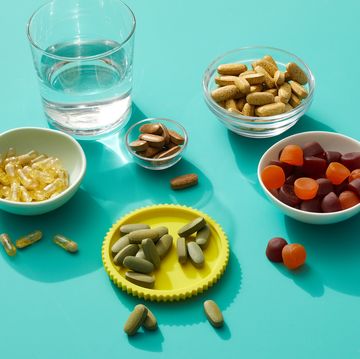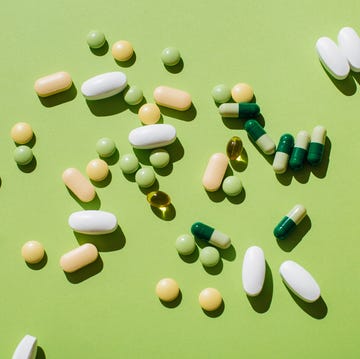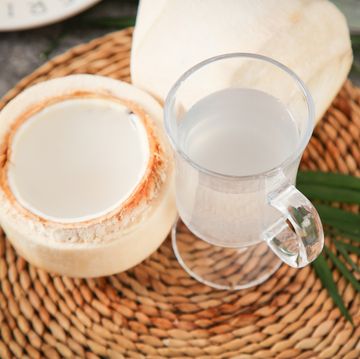Coming off the heels of pregnancy, you may be eager to dive into a giant platter of sushi and chase it with sake, but is that safe to do if you’re breastfeeding? Fortunately, there aren’t as many guidelines to follow for a healthy breastfeeding diet as there are for a pregnancy diet. Generally, as long as you’re taking good care of yourself, you’re also taking care of your baby.
That said, postpartum is a confusing time, and you probably still have questions about whether you’re eating the best foods you can for your little one. Here, two registered dietitians, who are also experts in lactation, explain everything you should keep in mind when it comes to diet and nutrition while you are breastfeeding.
What to eat when breastfeeding
What’s most important is to eat a variety of foods so that you can load up on a wide array of nutrients, but here are some healthy foods to prioritize when breastfeeding:
Foods to avoid when breastfeeding
“My own philosophy is that all foods fit into a healthy, balanced diet,” says Thorngate. “With that being said, I do think there are some that you need to be cautious of.”
Here are a few foods and drinks you may want to think twice about before eating when breastfeeding.
Breastfeeding diet FAQs
How many calories should you eat when breastfeeding?
“The number of calories that a mother needs is always going to be dependent on so many different factors such as age, height, weight, fat stores, activity level, and then also the extent to which she is breastfeeding,” says Thorngate. “If she is exclusively breastfeeding, her calorie needs are going to be a lot higher compared to a mom who’s partially breastfeeding with the addition of donor milk or formula.”
Currently, the Centers for Disease Control and Prevention (CDC) recommends that moderately active women who are breastfeeding add 330 to 400 calories to their pre-pregnancy daily caloric total. Women who are overweight and wish to shed pounds while breastfeeding should talk to a doctor or registered dietitian before cutting any calories. “If you eat too little, then you can impact your milk supply,” says Thorngate.
How much water should you drink when breastfeeding?
Breast milk is made up of mostly water. As a result, “you will get thirsty when you are breastfeeding and/or pumping,” says Spatz. “A good practice is to have a large glass of water every time you breastfeed or pump. Keep an eye on your urine. Your urine should be pale and clear. That means you are drinking enough water.” Consuming electrolytes like sodium, calcium, potassium, chloride, phosphate and magnesium can also help your body stay properly hydrated, according to the National Institutes of Health.
Can you drink alcohol when breastfeeding?
Yes, but you need to be strategic about it. “Alcohol doesn’t stay in your system. You metabolize it,” says Spatz. “So if you’re just having one beer, one cocktail, one glass of wine — something like that — then you really don’t have to worry about it. If you’re having several beverages, and you are feeling tipsy, drunk or woozy, then your milk is also tipsy, drunk or woozy, and you should pump and discard the milk while you’re feeling the effects.”
If you want to be extra careful but do not want to miss out on the fun, mix up some of these yummy mocktails.
Should you take vitamins when breastfeeding?
“I do believe that many women will benefit from taking a multivitamin or at least supplementing with certain nutrients postpartum,” says Thorngate. “Lactation is a really nutritionally expensive task on the body and your body will actually sacrifice your own nutrient stores whenever possible to provide for baby because we're trying to keep the next generation alive. If we're not getting enough nutrients from our diet to replenish those lost nutrient stores, then it can leave us feeling really depleted or fatigued or just not well mentally and physically.” Before you take any supplement, though, it’s best to consult with your physician or a registered dietitian to figure out what your body needs most. Some of the nutrients they might suggest taking in supplement form are vitamin B12, iodine, zinc, copper, vitamin A, choline, DHA, folic acid and magnesium.
What are the signs your breastfed baby may be allergic to something you ate?
If food triggers an immune response in your baby, it can manifest in different ways. Contact your pediatrician if you notice any of these signs:
- Baby is spitting up after most feedings
- Baby is arching its back (potentially because there’s painful inflammation in the esophagus)
- Baby is colicky, inconsolable or appears to be in pain
- Blood or concentrated, streaky mucus in baby’s stool
- Baby has eczema, itchy patches, unexplained rashes or hives
- Baby has reddening around the lips
- Baby is struggling to gain weight and experiencing some of the symptoms above
The bottom line: “One of the biggest things that I like to stress to people is that you don't have to be perfect in your diet when you're breastfeeding,” says Spatz. “When you are pregnant or breastfeeding, your body preferentially shunts nutrients to your baby. That's one of the most amazing things about women — the fact that they are able to literally nurture their young. I don't ever want people to get obsessive about their diet when they're breastfeeding because your body's going to make perfect milk for your baby because your body is that smart.” If your nutrient stores get depleted, you might feel tired or crappy, but your milk quality will be just fine, she adds.
..Kaitlyn Phoenix is a deputy editor in the Hearst Health Newsroom, where she reports, writes and edits research-backed health content for Good Housekeeping, Prevention and Woman's Day. She has more than 10 years of experience talking to top medical professionals and poring over studies to figure out the science of how our bodies work. Beyond that, Kaitlyn turns what she learns into engaging and easy-to-read stories about medical conditions, nutrition, exercise, sleep and mental health. She also holds a B.S. in magazine journalism from Syracuse University.
Stefani (she/her) is a registered dietitian, a NASM-certified personal trainer and the director of the Good Housekeeping Institute Nutrition Lab, where she handles all nutrition-related content, testing and evaluation. She holds a bachelor’s degree in nutritional sciences from Pennsylvania State University and a master’s degree in clinical nutrition from NYU. She is also Good Housekeeping’s on-staff fitness and exercise expert. Stefani is dedicated to providing readers with evidence-based content to encourage informed food choices and healthy living. She is an avid CrossFitter and a passionate home cook who loves spending time with her big fit Greek family.

